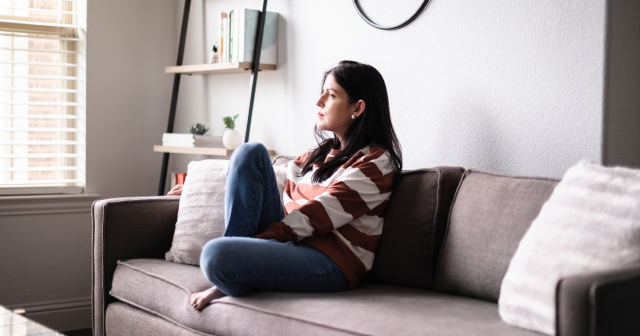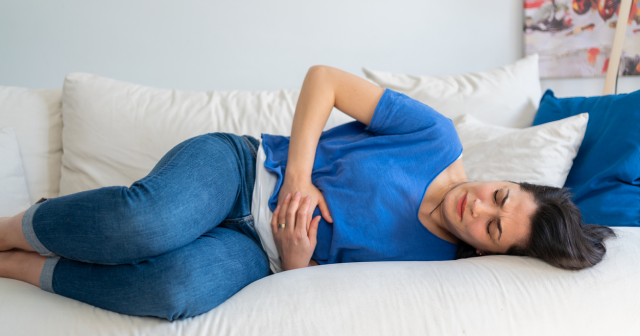Every woman will go through the menopause, but everyone's experience of it is different.
It doesn’t happen at a particular age or last for a fixed period of time, and it can cause a variety of different symptoms – both physical and emotional. The menopause can be an unsettling time in a woman’s life, while some women go through it with no problems.
The menopause is the time when a woman’s periods stop. It happens because as women age, they slowly run out of eggs. Some scientists believe this happens to protect women and their children from the dangers of late childbearing.
When does menopause start?
The average age that women go through the menopause is 52, but a woman could start to experience menopausal symptoms between the ages of 45 and 55. The symptoms can last 2 to 5 years.
Medical conditions can cause the menopause to happen much earlier, sometimes in a woman’s 20s or, in extreme cases, in childhood. This is known as premature ovarian failure (POF).
Signs and symptoms of menopause
Changes in hormone levels can produce different symptoms. It's estimated that around two-thirds of women experience the most common symptoms of hot flushes and night sweats. However, some women also report psychological symptoms, including depression , tiredness, lack of energy and vaginal dryness, which can be associated with a reduced interest in sex .
Long-term effects of the menopause include increased risk of osteoporosis and cardiovascular disease.
Osteoporosis after the menopause
Bone strength depends on bone tissue density and structure. Reduced amounts of minerals in the bone and slower production or replacement of bone cells weakens bones.
This happens to everybody as they age, but the change is faster in women after the menopause. This is why 1 in 3 women over 50 has osteoporosis, compared with only 1 in 12 men.
Osteoporosis increases the risk of breaking bones, especially those in the wrist, hip or spine. 1 in 7 British women breaks a hip after the menopause.
Because oestrogen is important for healthy bone growth, hormone replacement therapy (HRT) can help to protect a woman’s bones from osteoporosis whilst she is on treatment.
Breast changes after the menopause
After the menopause it’s natural for your breasts to lose their firmness, change shape, become smaller, become less dense and become more prone to certain abnormal lumps.
Heart disease after the menopause
Cardiovascular disease is any disease of the heart or blood vessels, including heart attacks and strokes, usually caused by blocked arteries. It's the most common cause of death in women over 60, and there's evidence to suggest that women are more likely to get blocked arteries after the menopause.
Treatment for menopause symptoms
As well as helping to protect women from osteoporosis, hormone replacement therapy (HRT) is extremely good at controlling menopausal symptoms.
HRT can however, in some women, slightly increase the risk of developing conditions such as breast cancer , deep vein thrombosis (DVT) , stroke and heart disease .
If your menopausal symptoms are troubling you, have a chat about the risks and benefits of HRT with your doctor to help you decide if you want to try it.
Lifestyle changes such as changing your diet and doing more exercise can also help with symptoms of the menopause.





